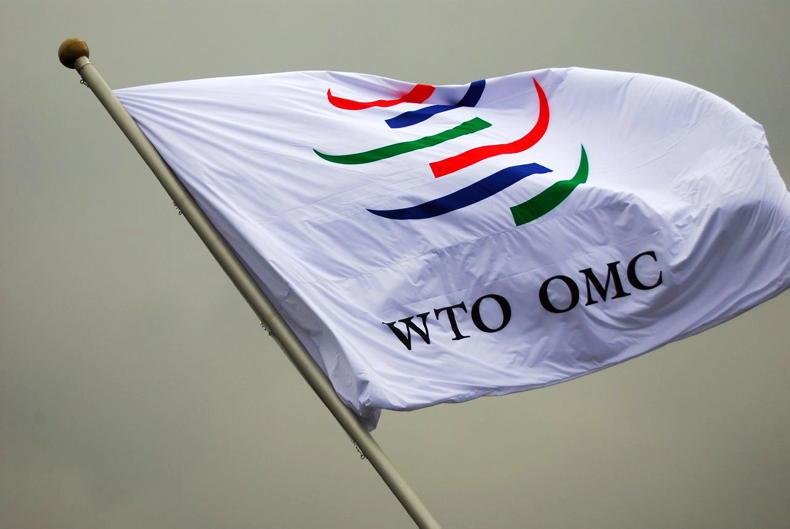In the face of the most significant food crises the world has seen in over a decade, the World Trade Organisation (WTO) failed to agree any meaningful measures to stabilise food security as it met last week for the 12th ministerial conference.
The trend towards food nationalism, which has strengthened since the start of the Ukrainian war, seems unlikely to be stalled in any meaningful way.
This is despite ongoing appeals from the United Nations, among others, cautioning that countries' individual actions are exacerbating an already devastating hunger crisis.
Food prices reach historic highs
World food commodity prices, which have been rising since mid-2020, reached the highest level ever in April 2022, according to the Food and Agriculture Organisation (FAO).
May brought some relief to the FAO food price index, although it was still 23% above the level of last year.
The fall was led by declines in the vegetable oil and dairy price indices.
However, cereal prices, which are pushing staple food products out of reach of many in developing countries, were up 2% on April and 30% on the previous year.
Price control
In the face of such market conditions, it is little wonder that countries apply restrictive trade practices to ensure that their own citizens' needs are met and to manage escalating domestic prices.
However, the challenge is that those with a large dependency on imports are challenged to access adequate supplies and at a price which is affordable.
Export restrictions was one of the factors credited with driving prices during the 2007-2008 food crises. They were found to have contributed to 40% of the increase in agricultural prices over that period.
Currently, 27 countries have employed export restrictions, which account for a 17% share of the world market for calories.
Fertiliser products, too, are the subject of export restrictions, with 22% of nitrogen, 21% of phosphates and 20% of potash thought to be currently under restrictions.
Failure to break the cycle
The WTO ministerial conference last week did agree to exempt the World Food Programme humanitarian food purchases from export restrictions, which should provide some relief to those most in need of staple foods.
However, failure to agree to end the use of export restrictions in food and provide the WTO with the powers to discipline those nations continuing to engage in these policies means the cycle will certainly continue.
As inflation bites in economies and households across the world, the risk of civil unrest grows, particularly as food becomes out of reach for so many.
Most countries faced with this scenario have little tools in their arsenal, which is why they are slow to give up their right to control food exports.






 This is a subscriber-only article
This is a subscriber-only article









SHARING OPTIONS: